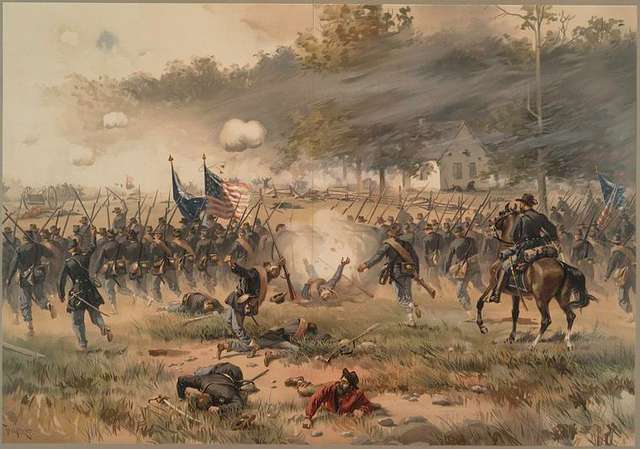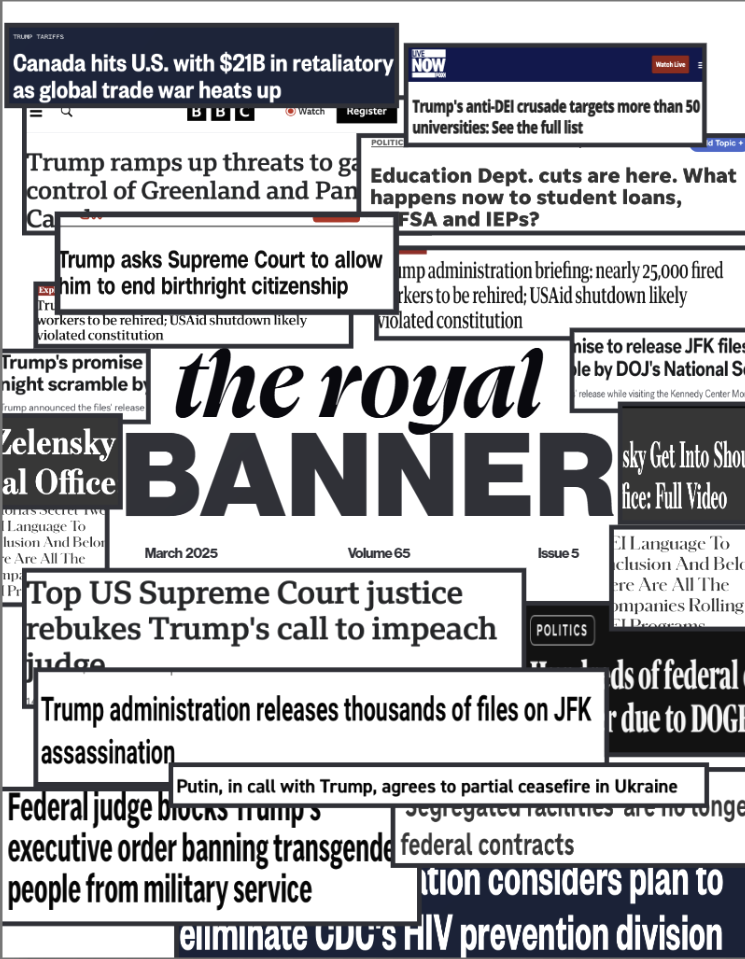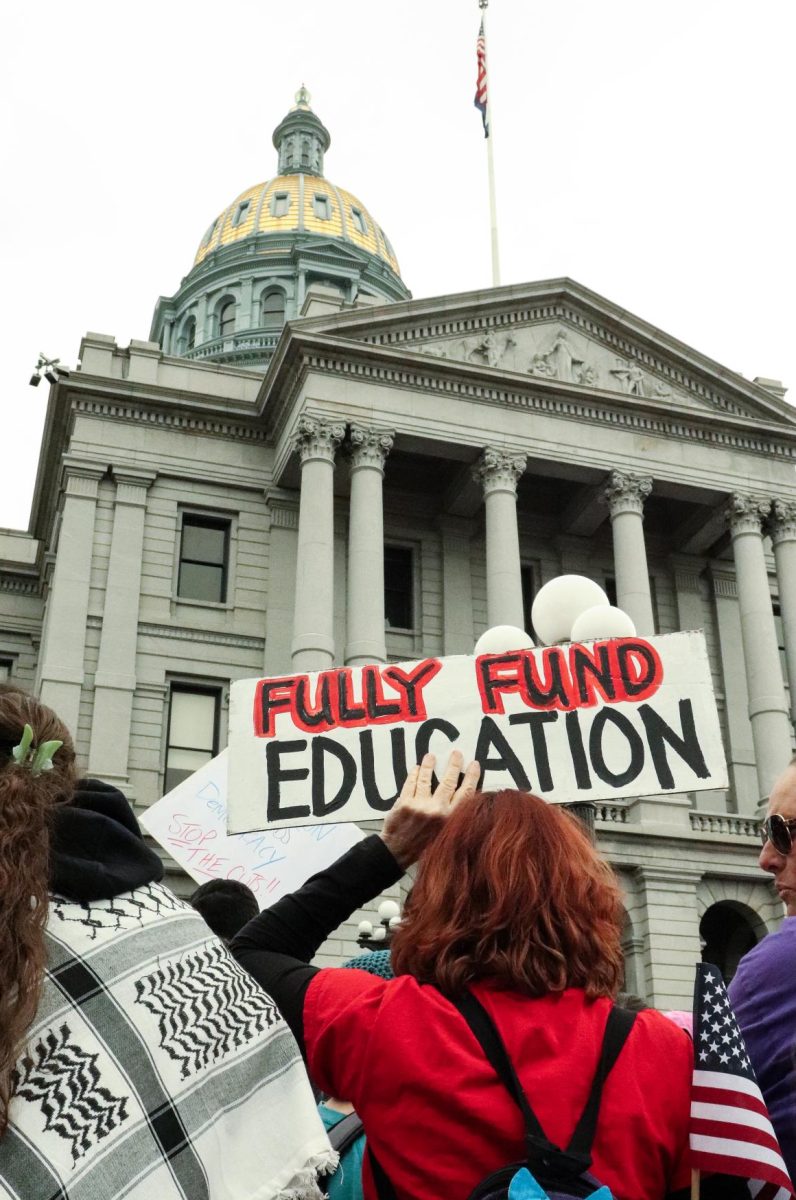One interesting thing about history is that it often doesn’t care what date it happens on. A date may be made significant as a result of the actions that happen on that day: before Pearl Harbor, December 7th was an average day for most people. The date of June 11th 1861 also appears to be such a day. We have no major lessons on it in school, there’s not an abundance of texts commemorating the day, however, there are three significant events that occurred on this date in history.
How did I settle upon this date? Well, in a brainstorming session about stories, one of my colleagues shouted out the date of June 11th 1861, there was no promoting, no theorizing, he simply shouted out, “June 11th 1861, WHAT exactly happened”? And thus this topic was born.
First, the Composer Sigismund Vladislavovich Zaremba was born in Zhytomyr, Ukraine. Secondly the battle of Laurel Hill in West Virginia happens and following it the Confederate General Robert S. Garnett is killed, the first confederate general to be killed in the US Civil War. And then thirdly, the meeting of various officials and counties of the western areas of Virginia occurs, with the intent to discuss how to rejoin the union as an independent state. Essentially, the meeting that began the formation of West Virginia happens.
The composer Sigismund Zaremba was born on June 11th 1861, and lived for about 54 years until November of 1915. Zaremba’s music education was taught to him privately, primarily by his father and some family friends. While his family was of Polish Descent, he was born in the Ukrainian town of Żytomierz within the Volhynian Governorate of the Russian Empire. Zaremba would graduate from the Faculty of law at Kyiv University, and would serve as the director of the Russian music society in Voronezh, a city around 400 miles to the south of Moscow, from 1896 to 1901. While serving as the Director of the Society, Zaremba would conduct the first rendition of Tchaikovsky’s sixth symphony in Voronezh, and would eventually conduct the same piece again in 1901 in St Petersburg, where he moved after retiring as Director of the society. Much of Zarembas music is noted for its melodiousness, and for its spontaneity. Of further note is Zaremba’s incorporation of slavic tones, and for his composition of multiple Ukrainian folk songs.
While the birth of this composer was happening, on the same day on the other side of the world, in the United States a meeting was happening. This meeting occurred in Wheeling, in modern day West Virginia, following the outbreak of the Civil War. This meeting was between 32 delegates from various parts of the western areas of Virginia, and concerned their discontent with both the state’s secession, and their representation in the state as a whole. Many who lived in the western areas of Virginia felt underrepresented and marginalized by the state legislature, as well as overtaxed. The notable difference in arable land, between the flat east, favorable to plantation farming and thereby slavery, with the more mountainous West, is one significant cause for the differences in the west and east of Virginia then. This meeting settled the creation of West Virginia, although several alternative names such as Allegheny, or Kanawha were proposed. The meeting itself was headed by Arthur I. Boreman, a Judge who would be elected to lead the formation of West Virginia, and eventually become the new state’s first governor in 1863. Following this meeting, on June 19th the New York Times reported that a meeting of the western counties of Virginia to separate from the state had occurred, and several days later President Lincoln voiced his approval of the counties joining the Union as a new state, which would occur on June 20th, 1863.
The third event that took place on June 11th, the Battle of Laurel Hill, possesses major significance to the meeting at Wheelhouse. This battle, in conjunction with the Battle of Rich Mountain, enabled the Union to effectively seize control of the territories of Virgina that would become West Virginia. The union victory at Rich mountain, the major engagement, as well as at Laurel hill, which was a series of skirmishes from June 7th to the 12th, forced the confederates out of the state. Robert S. Garett, a confederate general who was a West Point graduate and who had served in the Mexican American War, serving under Robert E. Lee was in control of the forces in West Virginia, and was camped at Laurel hill. Upon the victory at Rich Mountain, Garett faced being cut off from his supply lines, and retreated, on June 13th, while directing a rearguard defense at the ford of the Cheat river, over which his army was retreating, Garett was killed by an enemy volley. Overall the battle of Laurel hill was a minor event, but it secured West Virginia for the union, and eventually as a state, and was the first battle in which a confederate General was killed.
All of these events, a birth, a meeting, and a battle, two with intertwined impacts and one whose impact was felt elsewhere, all happened on the same day. This is something that I love about history: the number of coincidences that happen, and the intertwining times and effects are astounding. If you ever want to try and see this for yourself do this. Take a twelve sided die and roll it. Whatever you got is the month. Now select, either from your mind or from a program a number from 1 to 31, that’s your day. Then roll a 20 sided die to determine the century, the 1st, the 3rd, or the 18th, and pick a number from 1 to 99 to determine the year. With all of this, you should have a date, most likely sometime in the distant past, and now you can investigate it, and see what impact it has on us now, and what funny coincidences happened on that day. A good way to begin investigating is the website On This Day where you can enter a date, including the year or not, and you’re given a rough outline of what happened on that day in history. Look up your birthday, see what happened. My birthday is April 2nd, and it turns out that in 1513, on that day, explorer Juan Ponce de León claimed Florida for Spain.












